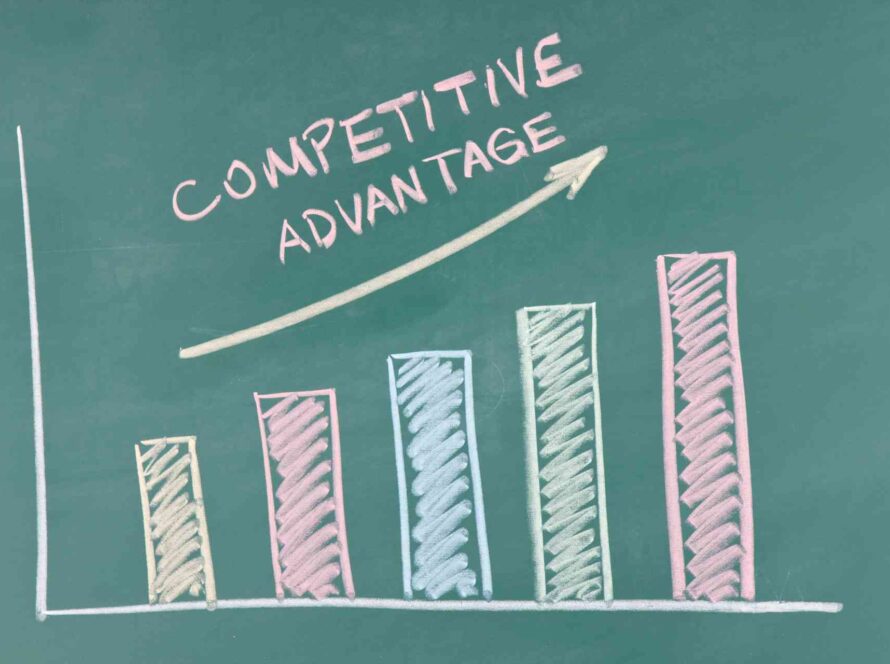Introduction
Artificial Intelligence (AI) holds transformative potential for economic development globally, and Africa is no exception. By leveraging AI, African countries can drive innovation, enhance productivity, and foster sustainable development across various sectors. This article explores practical strategies for deploying AI to accelerate economic growth in Africa, supported by detailed data points and actionable insights for professionals and investors.
1. Agriculture Enhancement
Agriculture remains a cornerstone of many African economies, employing a significant portion of the population. AI can revolutionize this sector by improving crop yields, optimizing resource use, and reducing losses.
Data Points:
- Agriculture employs over 60% of Africa’s labor force and contributes approximately 23% to its GDP (World Bank).
- AI-driven solutions in agriculture could increase crop yields by up to 30% and reduce costs by 20% (McKinsey & Company).
Practical Solutions:
- Precision Farming: AI technologies, such as drones and IoT sensors, can monitor crop health, soil conditions, and weather patterns to optimize farming practices. For instance, the AI platform from Aerobotics provides farmers with actionable insights to improve yield and reduce input costs.
- Supply Chain Optimization: AI can enhance the efficiency of supply chains by predicting demand, managing inventory, and reducing waste. Companies like Twiga Foods use AI to connect farmers with markets, ensuring better prices and reduced post-harvest losses.
2. Healthcare Improvements
AI can significantly improve healthcare delivery in Africa by enhancing diagnostics, streamlining patient management, and optimizing resource allocation.
Data Points:
- The World Health Organization (WHO) reports that Africa carries 25% of the global disease burden but has only 3% of the world’s health workers.
- AI applications in healthcare could save $150 billion annually by 2026 through improved efficiency and outcomes (Accenture).
Practical Solutions:
- AI Diagnostics: AI algorithms can analyze medical images and patient data to diagnose diseases like malaria, tuberculosis, and COVID-19 with high accuracy. For example, the AI tool developed by the startup Zebra Medical Vision is used to detect diseases from medical imaging data.
- Telemedicine: AI-powered telemedicine platforms can extend healthcare access to remote areas, reducing the need for physical consultations. Zipline uses AI and drones to deliver medical supplies to remote locations, ensuring timely access to critical medicines.
3. Financial Inclusion
AI can drive financial inclusion by enabling access to financial services for underserved populations, thereby fostering economic growth and reducing poverty.
Data Points:
- Approximately 66% of Sub-Saharan Africa’s population remains unbanked (World Bank).
- AI-driven fintech solutions can reduce operational costs by 30-50%, making financial services more accessible (Capgemini).
Practical Solutions:
- Credit Scoring: AI algorithms can analyze non-traditional data sources, such as mobile phone usage and social media activity, to assess creditworthiness, enabling access to loans for individuals without formal credit histories. Companies like Tala use AI to provide microloans to individuals based on alternative credit scores.
- Mobile Banking: AI can enhance mobile banking platforms, providing personalized financial advice and fraud detection. M-Pesa, a mobile banking service, leverages AI to offer secure and efficient financial transactions to over 40 million users.
4. Education and Skill Development
AI can transform education by providing personalized learning experiences, improving educational outcomes, and preparing the workforce for future jobs.
Data Points:
- Sub-Saharan Africa has the world’s highest rate of educational exclusion, with over 32 million primary-age children out of school (UNESCO).
- AI in education can improve learning outcomes by 20-30% through personalized learning and efficient resource allocation (Brookings Institution).
Practical Solutions:
- Personalized Learning: AI-powered educational platforms can tailor learning experiences to individual student needs, enhancing engagement and retention. For instance, Eneza Education offers AI-driven mobile learning solutions that provide personalized tutoring to students in Kenya.
- Skills Training: AI can identify skill gaps and recommend targeted training programs to equip the workforce with relevant skills. Andela uses AI to identify and train software developers, connecting them with global tech companies.
5. Infrastructure Development
AI can optimize infrastructure development by enhancing urban planning, improving transportation systems, and ensuring efficient resource management.
Data Points:
- Africa’s urban population is expected to reach 1.5 billion by 2050, necessitating significant infrastructure development (UN-Habitat).
- AI in infrastructure can reduce costs by 15-20% and improve efficiency by 25-30% (McKinsey Global Institute).
Practical Solutions:
- Smart Cities: AI can enable smart city initiatives that optimize energy use, manage traffic, and improve public services. Rwanda’s Kigali Innovation City is a notable example, integrating AI to enhance urban living conditions.
- Transportation Systems: AI-powered traffic management systems can reduce congestion and emissions. The AI-driven Traffic Light Optimization system in Nairobi has cut down traffic congestion by 30%.
Conclusion
The integration of AI into various sectors presents a significant opportunity for boosting economic development in Africa. By focusing on agriculture, healthcare, financial inclusion, education, and infrastructure, AI can drive sustainable growth and improve the quality of life across the continent. For professionals and investors, these areas offer promising avenues for impactful investments that support Africa’s development goals.



References
- World Bank. (2020). Agriculture in Africa: Telling Facts from Myths. Retrieved from World Bank.
- McKinsey & Company. (2020). How Artificial Intelligence Will Transform Africa. Retrieved from McKinsey.
- World Health Organization (WHO). (2021). The Health Workforce: A Global Overview. Retrieved from WHO.
- Accenture. (2018). Artificial Intelligence: Healthcare’s New Nervous System. Retrieved from Accenture.
- Capgemini. (2019). World FinTech Report 2019. Retrieved from Capgemini.
- UNESCO. (2020). Global Education Monitoring Report 2020. Retrieved from UNESCO.
- Brookings Institution. (2021). The Role of AI in Advancing Personalized Learning and Addressing Educational Inequities. Retrieved from Brookings.
- UN-Habitat. (2020). The State of African Cities 2020. Retrieved from UN-Habitat.
- McKinsey Global Institute. (2020). Artificial Intelligence in Infrastructure: The Next Frontier. Retrieved from McKinsey Global Institute.
Contact us today to try our free tools and a tailor made solutions for your business



